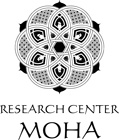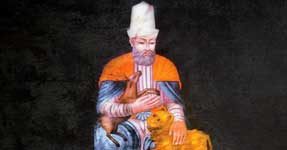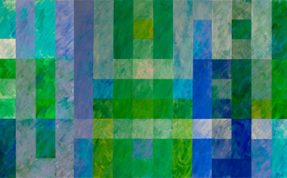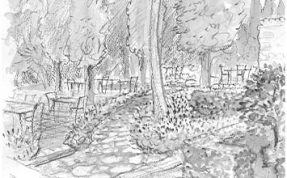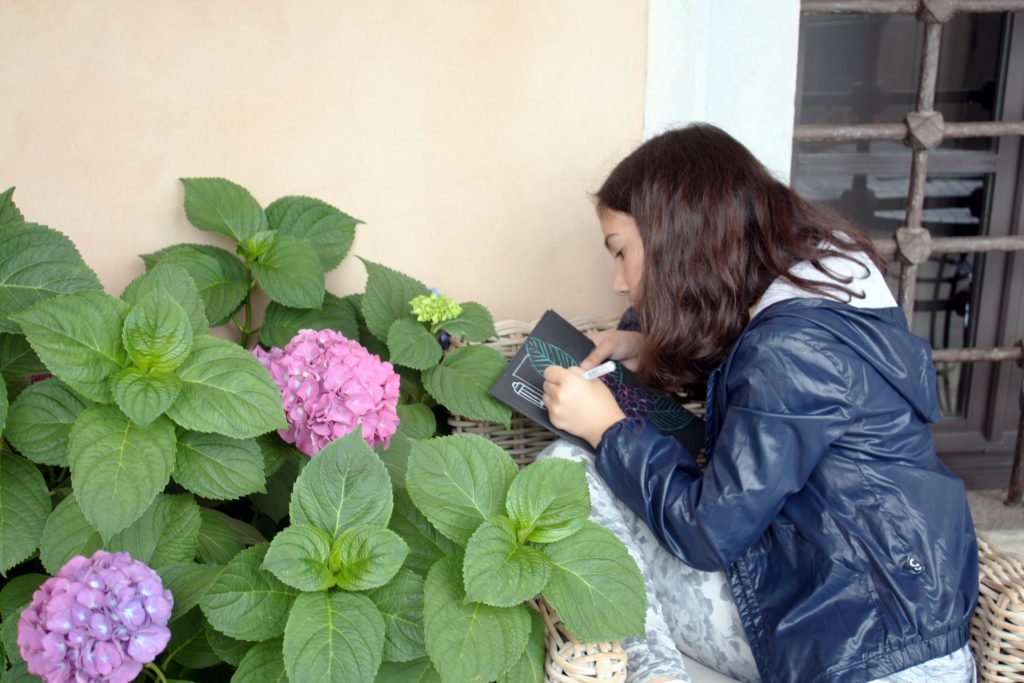
Educational program “Bees” in the garden of Mohammed Ali’s Museum
The educational game “Bees” is addressed to school groups and students of all ages, and it is taking place every spring and autumn in the Mohammed Ali Pasha Museum’s garden. With a guidance of a map, the children follow the bee’s route through the garden to its hive. They play and discuss, acquiring knowledge about bees and nature, as well as the adoption of a sustainable environmental attitude.
Explore the history and the events of MOHA Research Center
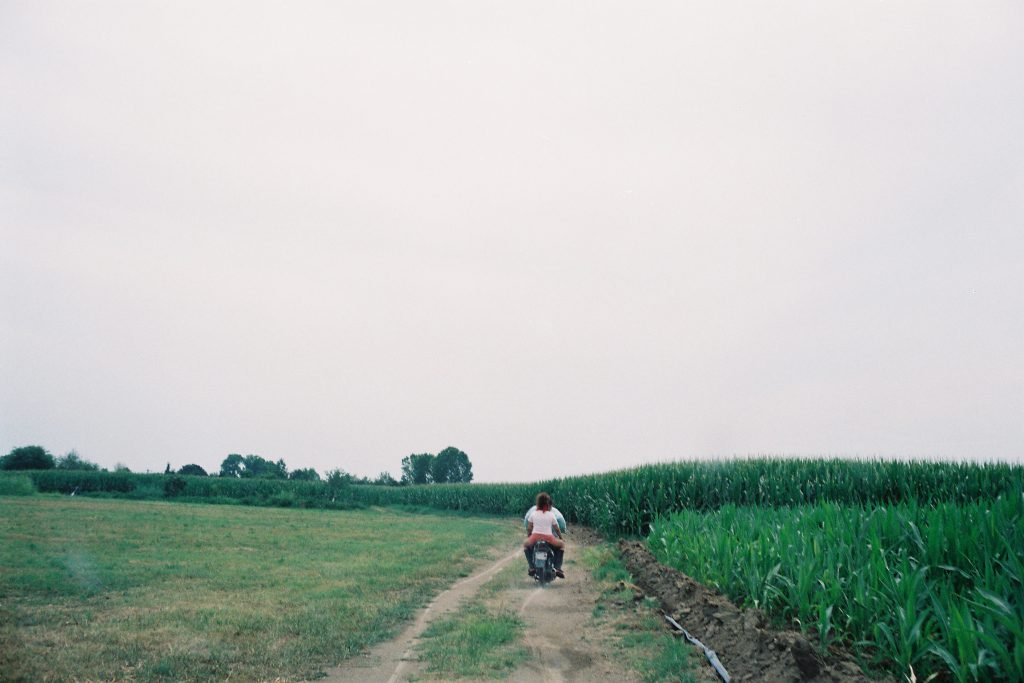
“Avato” Photographic exhibition at the Mohammed Ali’s Museum
Sotiris Tsiganos and Ionian Bisai (Latent Community) present the outcomes of their project exploring Avato (literally, “a site that should not be accessed”), a village in northern Greece that is home to a long-standing Black community. Avato features community members’ reflections on their history (usually traced to Ottoman slave trade) and places it in the context of national narratives, with the goals of acknowledging the extensive but often-overlooked story of Black presence in Greece and using the microhistory of a village to address issues of identity, whiteness, and belonging in Greece today.
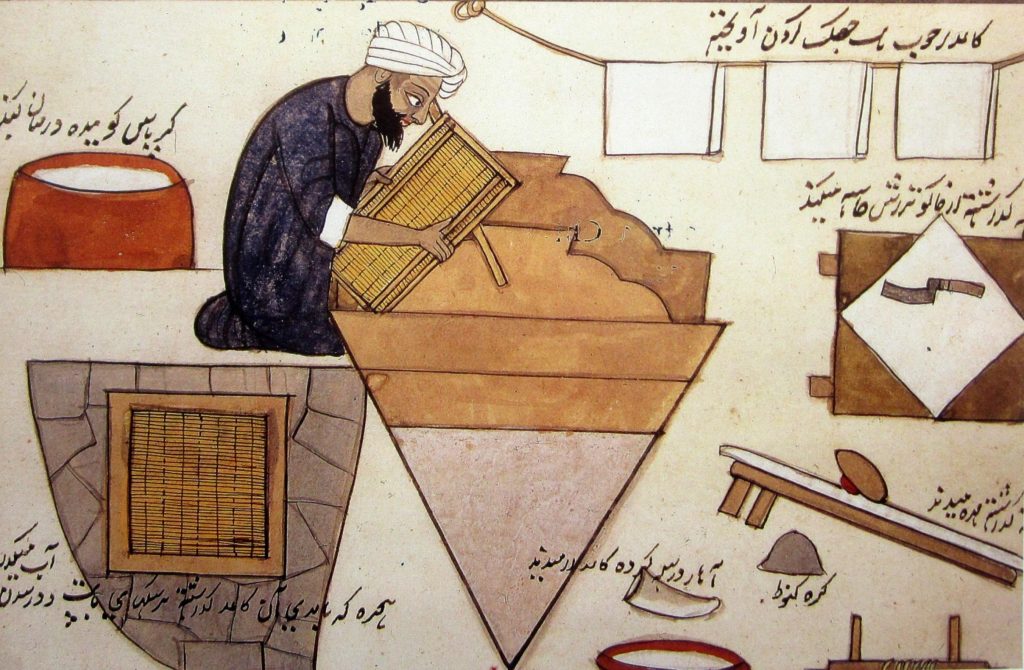
The transmission of ideas and knowledge from papyrus to book
Paper and books seem common nowadays, however, their use is of fundamental importance for modern civilization. The Arabs, who had conquered the eastern coast of the Mediterranean, transmitted to the the West this valuable Chinese invention, the production of paper. And in the mid-15th century, the invention of movable type printing by Johannes Gutenberg dramatically increased the demand for paper and accelerated its spread. It took many miles and a lot of work until ideas spread to the world and knowledge becomes a common good.
